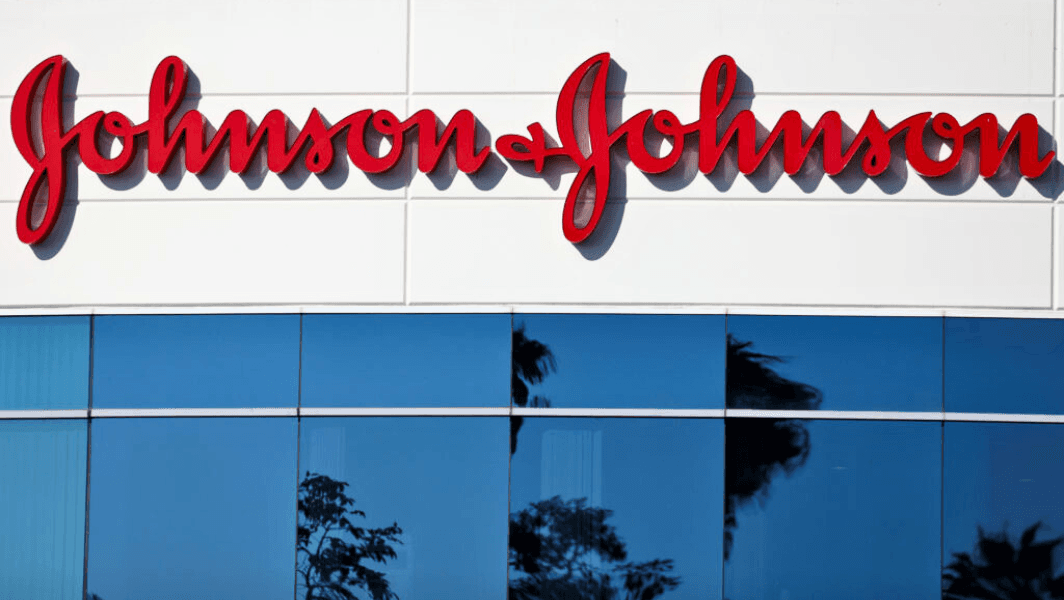
Johnson & Johnson Sues Samsung Bioepis Over Alleged Stelara Biosimilar Contract Breach
Legal Dispute Centers on Unauthorized Sublicensing Agreement
Johnson & Johnson (J&J) has initiated legal action against Samsung Bioepis, alleging a breach of contract concerning the marketing of a biosimilar to J&J's top-selling autoimmune drug, Stelara. The lawsuit, filed in the U.S. District Court of New Jersey, contends that Samsung Bioepis unlawfully authorized a third-party healthcare conglomerate to market a private-label version of the Stelara biosimilar, violating the terms of their existing agreement.
Background of the Agreement
In November 2023, J&J's subsidiary, Janssen Biotech, reached a settlement with Samsung Bioepis, permitting the launch of Samsung's Stelara biosimilar, Pyzchiva, in the United States starting February 22, 2025. This agreement was intended to regulate the entry of biosimilars into the market under specific conditions.
Allegations of Unauthorized Sublicensing
J&J asserts that Samsung Bioepis breached this settlement by entering into a clandestine agreement with an unnamed third-party, described as a subsidiary of a "vertically integrated health conglomerate." This conglomerate reportedly encompasses one of the largest insurers and providers in the U.S., as well as a major pharmacy chain and a pharmacy benefit manager. The alleged unauthorized sublicense would allow this third party to market its own private-label version of the Stelara biosimilar, a move J&J claims was not sanctioned under their original agreement.
J&J's Legal Position
In its complaint, J&J describes Samsung Bioepis' actions as a "surreptitious and deliberate breach" of their contract, arguing that this unauthorized deal threatens to cause "irreparable harm," including a significant reduction in Stelara's market share. J&J is seeking both preliminary and permanent injunctions to prevent the third-party deal from proceeding, as well as compensatory damages.
Market Implications
Stelara has been J&J's top-selling drug since 2019, generating substantial revenue. The introduction of biosimilars poses a competitive threat, potentially impacting J&J's market dominance. Notably, other companies, such as Teva Pharmaceuticals and Alvotech, have recently launched their own Stelara biosimilars, further intensifying market competition.
Samsung Bioepis' Response
As of now, Samsung Bioepis has not publicly responded to the lawsuit. The outcome of this legal dispute could have significant ramifications for the pharmaceutical industry, particularly concerning agreements governing biosimilar products and their market entry strategies.
For any enquiries or information, contact info@thelawreporters.com or call us on +971 52 644 3004. Follow The Law Reporters on WhatsApp Channels